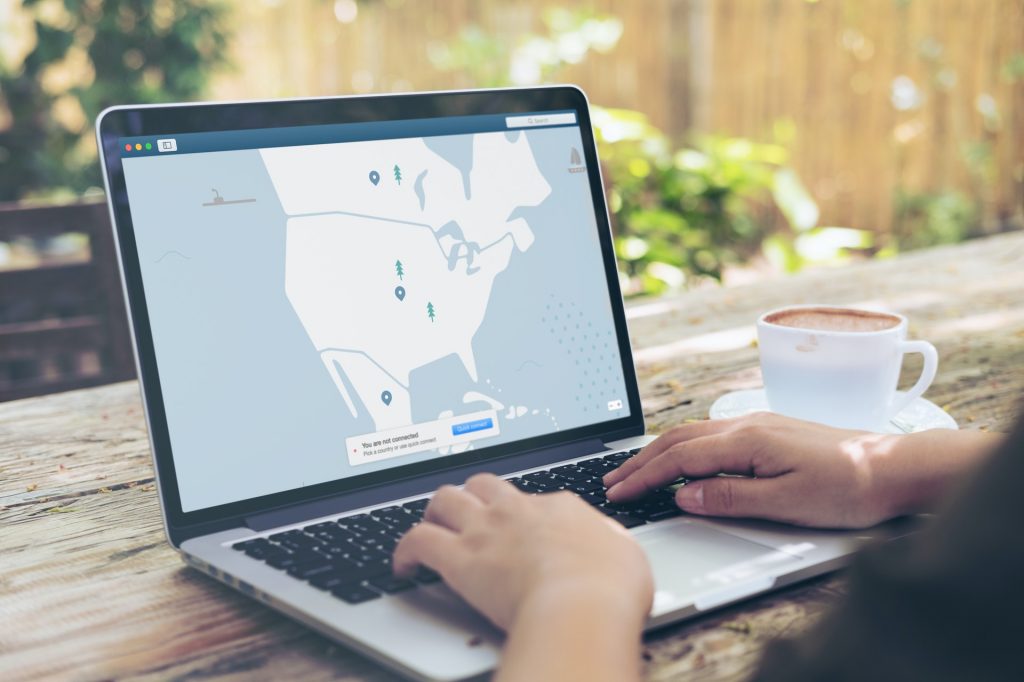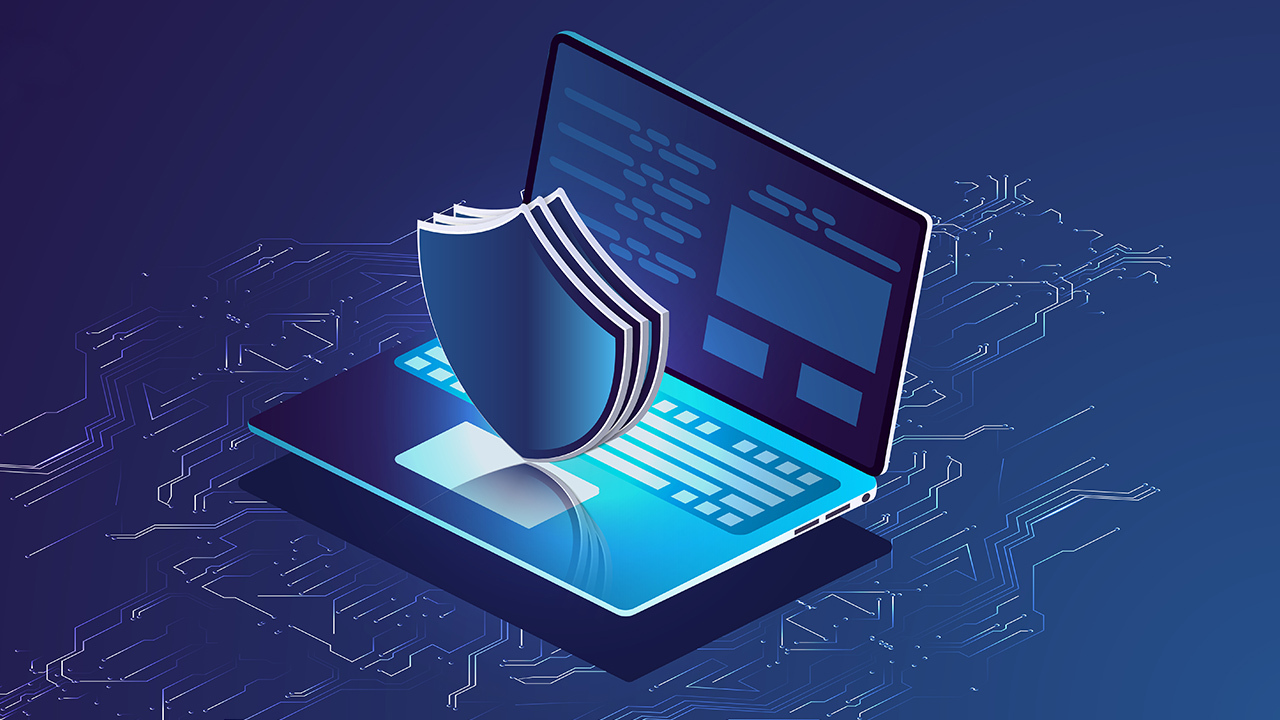Image source: PCMag
Browsing the internet today is dangerous, with so many dangers lurking on the internet.
If you travel a lot and use your laptop on the go, or if you log into your local coffee shop’s internet, you are not safe. You cannot be sure about public network security, and you could quickly be hacked.
To protect yourself from hacking, a VPN is one of the best methods to use, and we all know that excellent VPN services do not come cheap.
You could use the free VPN services, but those are just the same or worse than having no protection. These free VPNs collect your data and sell it to third parties.
Did you know you could make your VPN at home? However, if your upload speed is low, you may have to consider a subscription VPN service.

Most ISPs offer less upload bandwidth compared to download bandwidth. Here is how to make your VPN for Windows if you have the necessary bandwidth.
1. Set Up a Virtual Private Server
The first step will be to create a Virtual Private Server (VPS), from which the VPN server will be running. In the “Root Password” box, enter your password.
Ensure you create a unique and strong password, and then click “Create.” Wait a few seconds for the VPS to complete generating and then booting.
2. Log Into the Virtual Private Server
This server has no GUI (graphical user interface) like macOS or Windows but contains a command line. Once you open the VPS, look on the top-right corner and click on the “Launch Console” button.
This opens a web-based terminal that prompts you to log in. Type the word root, click Enter and enter the root password, then click Enter. You are now logged in, and you will get a message: “Welcome to Ubuntu.”
3. Set the VPN Up
The script asks you to enter your IP address, the type of protocol to be used, and other information.
By default, most networks block OpenVPN ports, and you need to alter it to 443, which is the port for HTTPS internet traffic to bypass some blocks. After this, enter your name when prompted to.
The script installs the necessary software and sets the VPN up.
4. Download Your Login Information
Transferring the .ovpn file to your phone or computer is by temporarily starting a web server and then downloading it using a browser of your choice.
When the server is up and running, copy-paste your server IP address to your browser’s address bar.
5. Connect to VPN and Secure Your Server
Once you have set up and downloaded the VPN, you can test the connection file. The VPN will always be up and running for the receipt and transmission of your data.
You need to minimize server-side vulnerabilities in security by setting up two-factor authentication.
6. Advantages of Setting Up Your VPN
There are several advantages to setting up your VPN:
- You are in full control of all your data, both sent and received
- It is cheaper than paying for a subscription to a VPN service.
- You have the liberty to use your VPN server for other purposes, such as website hosting.
- Your VPN will not be on any service and website block lists, so it will not be detected. This is not applicable for Android apps, which see when a proxy or VPN is in use.
Disadvantages
- As much as you seek anonymity, this method does not give you anonymity because the VPS host already has your name and other details.
- You have limited bandwidth. Some companies like give you a monthly 1TB, but in essence, you receive 500GB since the data goes from the origin server to the VPN, then to you.
- You have no access to some of the VPN providers’ extra features such as an ad, tracker, and malware blocking unless you have the technical skills to do it yourself.
- You cannot switch between different locations or countries.
Conclusion
A VPN provides you with anonymity and protects your data by encrypting it. You have the option of either paying for a subscription VPN service or making your own.
Making your own has some advantages as well as disadvantages. It is up to you to decide whether the pros of making your VPN outweigh the cons.
If you are seeking absolute anonymity, you are better off paying for a subscription service. By all means, avoid the free VPN services. They just profit from your data and provide zero protection.
